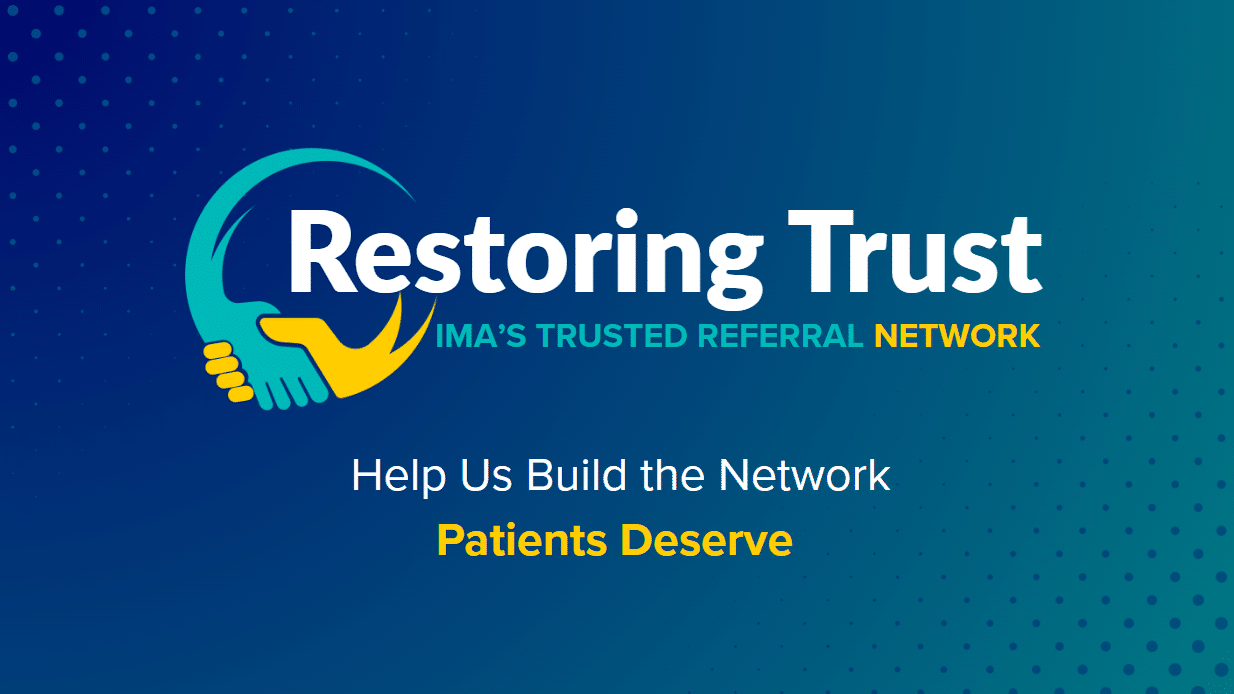Explore smarter strategies for prostate health with this evidence-based guide. Learn about PSA screening pitfalls, functional lab tests, nutrition, supplements, and lifestyle changes that support prevention and long-term vitality.

There comes a time in every man’s life when he finally admits he might need to see a doctor to get his prostate checked. For many, that’s difficult enough. The trouble is, for millions of men, the entire approach to prostate health revolves around one action: “Getting your PSA checked.”
It’s the advice nearly every man hears first. It sounds responsible. Proactive. Even lifesaving. But here’s the problem: PSA numbers don’t always tell the truth.
A high result might not mean cancer. A normal one might not mean you’re safe. And in between lies a maze of uncertainty—false positives, unnecessary biopsies, aggressive treatments for conditions that might never have caused harm. The test that was meant to bring clarity has, for many, only deepened the confusion.
Prostate health is about more than a single marker. It’s about making informed decisions, catching problems early, and building habits that actually protect long-term health.
This practical, evidence-based guide from Dr. Kristina Carman offers a smarter way forward—one that explores testing options, investigates root causes, and equips men with nutrition and lifestyle strategies to prevent and manage common conditions like BPH, prostatitis, and prostate cancer.
📖 What’s in the Guide?
This guide offers a clear, step-by-step look at what really drives prostate health—from how to interpret your labs to the lifestyle shifts that make a lasting difference. Here’s what you’ll find inside:
- 🧬 PSA Screening: What’s the Controversy?
- 🧪 Advanced Testing Beyond PSA
- 📉 Why PSA Can Rise Without Cancer
- 🔥 Inflammation, Insulin Resistance & Prostate Health
- 🧫 Functional Labs to Investigate Root Causes
- 🥦 Food as Prostate Medicine
- 🌿 Key Supplements & Botanicals
- 🏃♂️ Lifestyle Matters: Movement, Hydration & Stress
1. 🧬 PSA Screening: What’s the Controversy?
The PSA test was once hailed as a breakthrough. But over time, evidence revealed it often leads to overdiagnosis, overtreatment, and confusion—not clarity.
“Elevated PSA alone does not confirm cancer, and normal PSA does not rule it out.”
False positives from inflammation, exercise, or even ejaculation can lead to unnecessary procedures. Meanwhile, some aggressive cancers don’t raise PSA at all. This has sparked one of medicine’s most debated screening controversies.
2. 🧪 Advanced Testing Beyond PSA
PSA still has value—but only when viewed in context. Functional clinicians now use additional tools for better insight:
- Free PSA and PSA velocity
- Prostate Health Index (PHI)
- Urine-based tests like ExoDx™ and PCA3
- Multiparametric MRI for anatomy and blood flow
- 4Kscore Test to assess high-grade cancer risk
3. 📉 Why PSA Can Rise Without Cancer
A high PSA doesn’t always mean cancer. Dr. Carman explains how BPH, prostatitis, cycling, or even poor detoxification can all elevate PSA without malignancy. She outlines a smarter, staged approach:
- Start with PSA + DRE
- Add free PSA or PHI if elevated
- Use imaging or urine genomics before biopsy
- Always assess metabolic and inflammatory contributors

4. 🔥 Inflammation, Insulin Resistance & Prostate Health
The prostate doesn’t operate in isolation. Conditions like BPH and prostate cancer often reflect chronic metabolic dysfunction. Root drivers include:
- Insulin resistance & high IGF-1
- Abdominal obesity & hormonal imbalance
- Low testosterone:estradiol ratios
- Systemic inflammation from gut or liver
- Environmental toxin burden
Prostate disease is not just a urological issue—it’s a metabolic-inflammatory condition.
5. 🧫 Functional Labs to Investigate Root Causes
The guide recommends targeted lab markers that go beyond PSA:
- hs-CRP – systemic inflammation
- Fasting insulin & HbA1c – metabolic status
- Testosterone:estradiol ratio – hormone balance
- Glutathione & homocysteine – detox and methylation
- Zinc & selenium – antioxidant defense
- MTHFR, COMT, GST – relevant genetic variants
6. 🥦 Food as Prostate Medicine
Certain foods directly support prostate function, hormone balance, and detoxification:
- Cooked tomatoes (lycopene)
- Green tea (EGCG)
- Cruciferous vegetables (DIM, sulforaphane)
- Pumpkin seeds (zinc)
- Pomegranate, fatty fish, flaxseed
A Mediterranean or anti-inflammatory ketogenic approach can help reduce PSA and prostate volume over time.

7. 🌿 Key Supplements & Botanicals
Dr. Carman highlights powerful evidence-based tools:
- Zinc – reduces DHT and inflammation
- Saw palmetto + stinging nettle root – synergy for BPH
- Pygeum africanum – improves urinary flow
- DIM + sulforaphane – hormone detox
- Lycopene + green tea – antioxidant combo
- Quercetin + bromelain – prostatitis & pelvic pain relief
8. 🏃♂️ Lifestyle Matters: Movement, Hydration & Stress
The guide doesn’t stop at labs and pills. It explores simple, often overlooked ways to reduce inflammation and improve flow:
- Hydration – at least 2.5–3L of filtered water/day
- Ejaculation frequency – 2–4x/week may reduce risk
- Pelvic floor strength – via posture work or PT
- Sleep & stress regulation – lowers cortisol and preserves hormone balance
Prostate Health Requires Precision, Not Panic
Too many men are told to “watch and wait” without meaningful support—or pushed into invasive treatments without real cause.
This guide empowers men to ask smarter questions, get better labs, and take daily actions that support long-term vitality.
📥 Download the full PDF: Understanding Prostate Health and check out these other men’s health guides:




